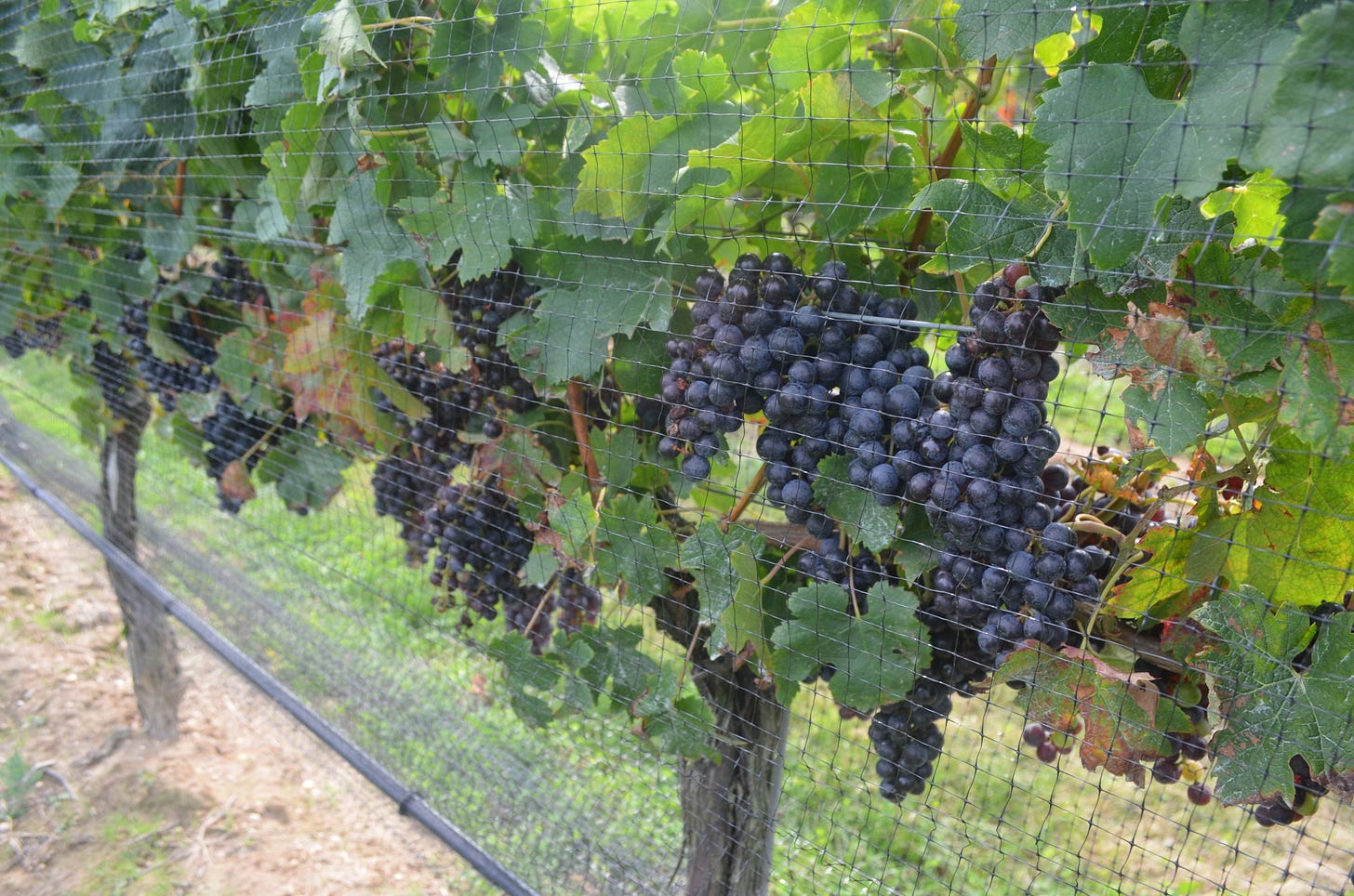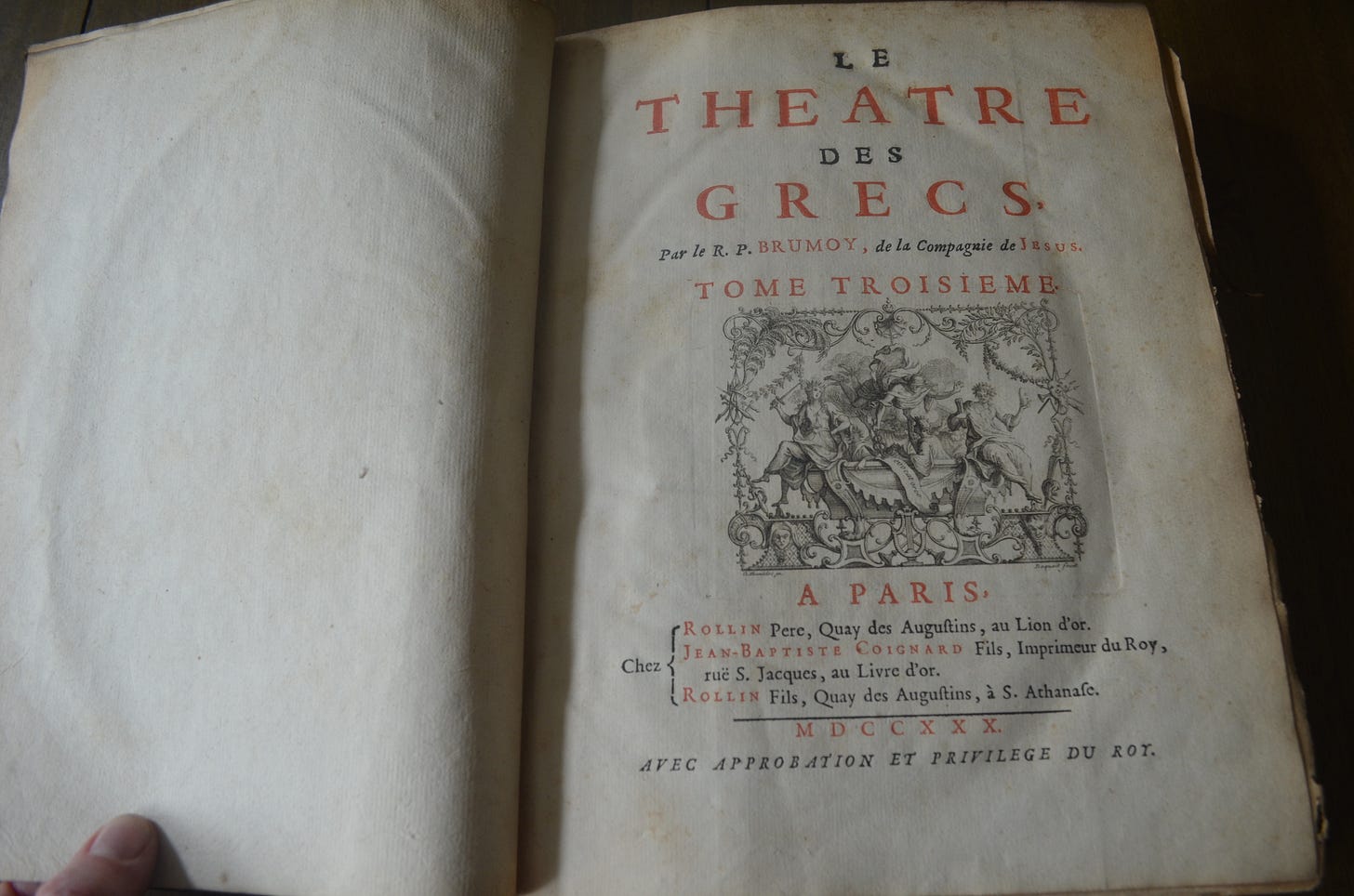Caretaking Gets Noticed, Apt. 11D
Apt. 11D
Laura McKenna's Publications and Posts
Caretaking Gets Noticed, Apt. 11D Newsletter, September 25, 2020
When Ian was younger, he had a hair-trigger gag reflex. Like many kids on the autistic spectrum, his sensory system was calibrated more finely than other people. Not only was he picky about what foods he ate, but he was picky about what other people ate and how their food smelled. Even the appearance of food and how it was arranged on the table was important. Done wrong, and I would soon be mopping up a glutenous mess of half digested Cheerios off the kitchen table and a food item would be permanently placed on the BAD list. .
At home, we learned what set him off and made adjustments. Steve ate his oatmeal before Ian sat down for breakfast. Ian’s breakfast had to be arranged with the orange juice in a glass to the right of his bowl. The cereal box had to be placed in front of him with the label facing forward. There couldn’t be too much on his plate. Let's just say that meal time was a challenge.
We did this for years at home, but our complicated systems couldn’t be replicated at school. So, he would often vomit on the lunchroom table, which was grounds for a trip to the nurse and an automatic “return to sender” stamp. After getting a call, I would have to drop everything and race to his school -- a magnet program for children with high-functioning autism -- to take him home. Back and forth, the trip took over an hour.
I never knew when I was going to get that phone call -- it might be a Monday or a Wednesday -- but it happened a couple times a week during his peak-puke era. On top of the regular meetings at school during the day for IEP meetings and parent training sessions, I was at his school often.
Because I had to always be ready for an emergency and the lack of after-school childcare for kids like him, having a typical 9-5 job was not an option for me. I had a PhD in political science and was actually pretty awesome at my job, but I knew I couldn’t handle the long haul of getting tenure or compete with the younger guys who didn’t have my responsibilities at home, so I worked some low-paying temporary college gigs until even that got to be too much. (I have written several articles about the crazy, low-paying jobs in academia.) After that, I became a freelance journalist and writer -- also low paying, low security work -- because I needed the flexibility to deal with crises.
This spring was a shit-show. I didn’t write much, because Ian needed extra help with the school closures. When I heard that the government was supporting other freelancers who couldn’t work this spring, I decided to apply for COVID stimulus support. I honestly didn’t think I would get it, because the government has never cared about my employment status before, but I gave it a shot.
After working through the really complicated unemployment website at NJ, I finally got to a qualification form with a list of boxes. Did I have COVID? No. Was I injured? No. Was I a freelancer, whose employment had been impacted by the COVID crisis? Uh, yeah. Was I unable to work because I had to care for a dependent whose school was shutdown? Uh, YEAH! Thankfully, I earned enough money last year, so I qualified. Wow.
For the first time, the government recognizes that some people cannot be employed, because they have intense caretaking responsibilities. Sure, this recognition is only happening because the school shutdowns impacted people with typical kids -- the special ed community is still invisible -- but I’ll take it. This sets an important precedence for the future. After all, what’s the difference between not being able to work because a school is closed, versus not being able to work because your kid throws up on the cafeteria table?
Because so many women have left paid employment to care for their kids, a number of commentators have maintained that school closures have setback feminism for a generation. But if we go beyond a government check and actually provide caretakers with more opportunities for flexible employment that are well-paid, respected, and supported, maybe this COVID era can be a boon for women and caregivers.
I've written many times on this newsletter that we are in the midst of revolutionary times. Recognizing the unpaid work of caretakers is one more revolution.
Snapshots




Links


On the blog, I wrote about:
about visiting vineyards on Long Island and walking through the Cloisters in New York City. All normal but weird experiences.

